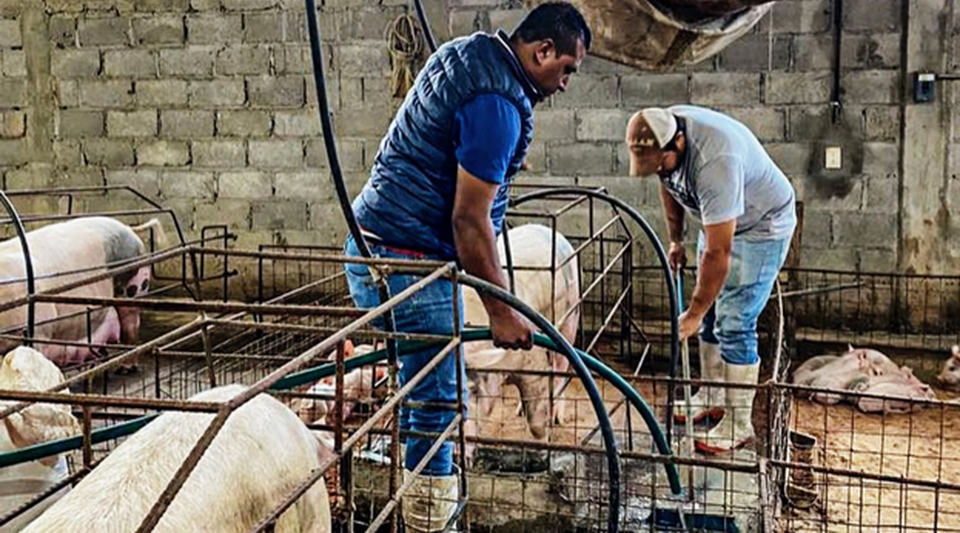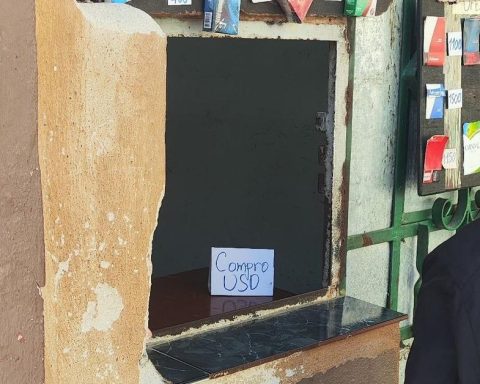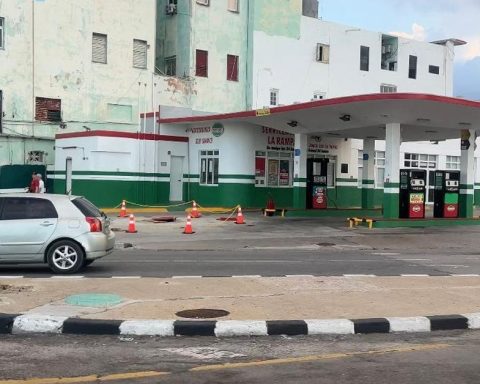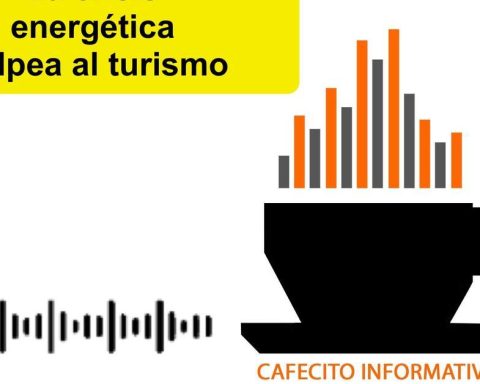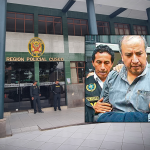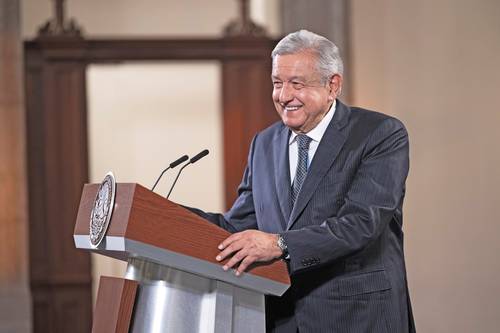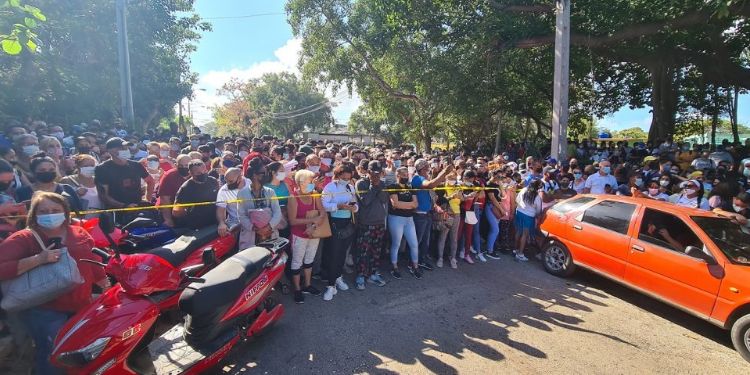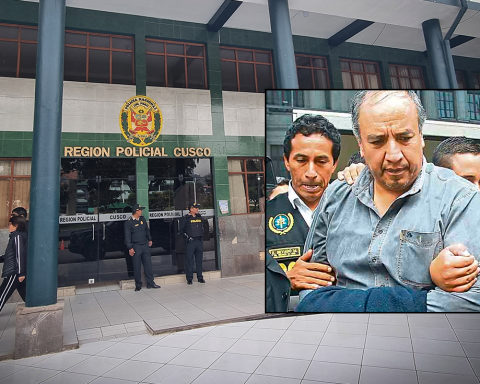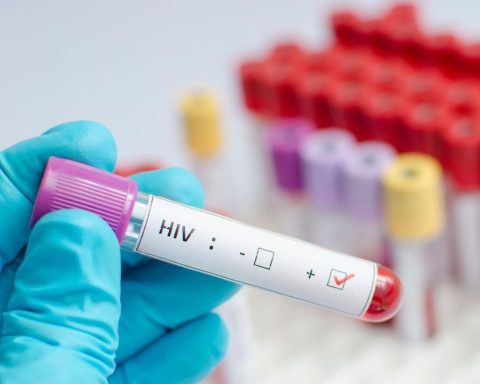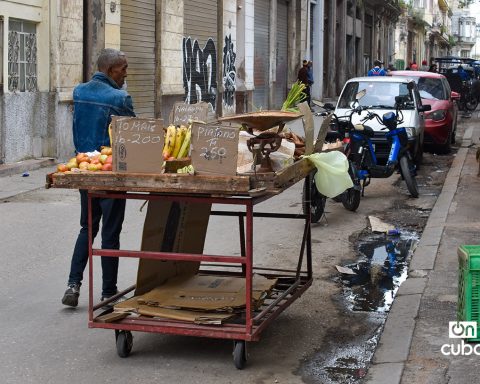The cart, towed by an old Soviet tractor, left the rural area of Camajuaní, in Villa Clara, heading for Remedios. The load consisted of seven pigs, whose owners – the five peasants who rented the transport – had made the decision to sell to the State.
With the promise of advantages and good purchase prices, the officials had attracted local producers seeking to hoard small cattle, well fattened and capable of slaughter. The situation, in practice, was very different.
The deal consisted of paying half of what the pigs were worth in cash, and the other half in food for the animals: corn, feed and soybeans. The producers benefited from the business, since they took advantage of the money and, at the same time, guaranteed the feeding of other pigs that they kept on their farms.
The tractor unloaded the pigs in Remedios and, after a long queue, officials weighed and priced them. They were good animals, well bred and fat, and they got the agreed half in cash. “The rest we don’t have yet, but soon they will receive a call to come pick up the food,” they assured.
“Four years have passed,” laments Juan Domingo, “and to this day they have not contacted us.” Together with Ivis, Janiel, Daniel and Elier, he awaits the payment of a debt of 28,000 pesos – for pig feed – that the Government continues to delay.
The man points out that since then they have gone through the pandemic, the Ordering Task and the different social and financial collapses on the Island. “We have insisted, of course, to find out the reason for the delay, but they have no answer.”
“I lost hope of recovering that food”, exposes 14ymedio Ivis. “They behave as if the pigs had never existed, they speak to us with secrecy when we ask them for explanations,” says the woman, who shares with Juan Domingo the view that the sale of pigs is no longer viable in Cuba.
Raising pigs requires resources and a lot of effort. In the patio of the Cuban houses, a bucket was arranged where, every day, the remains of food were deposited. This mixture of leftovers was called sancocho, like the Creole dish. However, the shortages and the food crisis have led to the fact that, at the end of the week, there is very little to throw into the bucket.
The “formal” food for animals reaches increasingly absurd prices. “Cassava, corn and soybeans are lost,” Ivis complains. “A sack of soybeans can cost 5,500 pesos. The crop residues work to feed the pig, but they don’t make it fat like industrial feed.” All this, says the farmer, reduces the weight of the animals and doubles the fattening time, which is essential for slaughter and consumption.
An attempt has been made to make up for the soybean and corn import deficit with cassava and palm nuts, the fruit of the royal palm with which pigs have historically been fattened.
The crisis, however, has generated a chain of failures: without importing food, the Government’s debts with producers have increased; the abandonment of breeders undermined pig farming at the provincial level and, at one point, the effects were felt throughout the country. “As producers, we had no other choice but to annul our agreements with the State,” says Juan Domingo. Food shortages led most pork producers to abandon their activity.
Meanwhile, meat reaches abusive prices in any type of market, whether in the informal or in government butcher shops
In another municipality of Villa Clara, Zulueta, farmer José Luis bites the bullet to keep his 23 pigs fed. “I already had 40 hectares of land planted before the crisis,” he says, alluding to the pandemic and the island’s energy collapse. “That food is exclusively for the animals, and I’ve been preparing it for years.”
Meanwhile, meat reaches abusive prices in any type of market, whether it is in the informal market or in government butcher shops. “350 pesos a pound is too much,” calculates José Luis, who regrets not being able to fatten his pigs adequately so that, when the time comes to slaughter them, they have an acceptable weight.
“The current crisis did not begin with the coronavirus,” says the peasant, “but two or three years before, when the Ministry of Agriculture began to promote the ‘substitution’ of imported food.” There was no such change, but food stopped coming in, despite the fact that it was impossible to cover that gap with national production.
“The agreements with Porcino -the government company that processes and distributes the meat- establishes a margin of food that one must obtain on their own. They offer you, at most, 60% or 70% of the food that the animals need and never arrive on time,” he says.
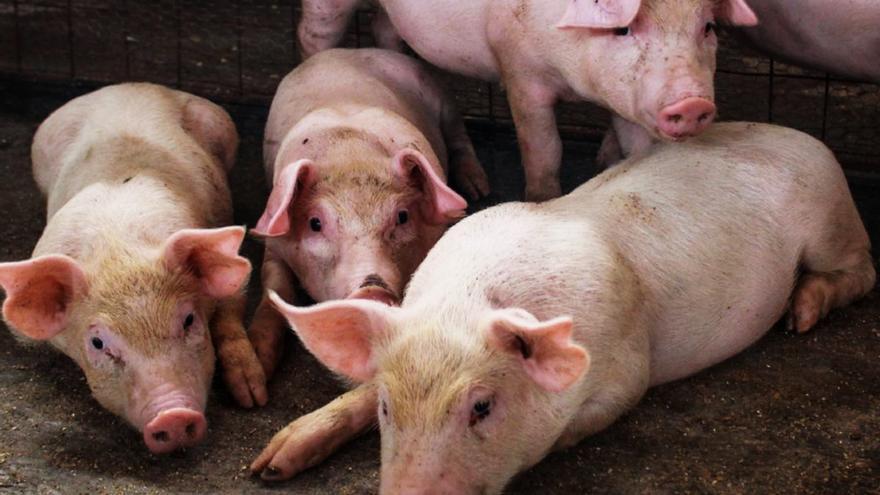
The government’s debt to the peasant cooperatives it is the replica, at the local level, of the financial behavior that it sustains at the international level: delays, lengthening of terms or request for forgiveness.
Despite this, the official press continues to present the government as a “sponsor” of the self-employed, favoring certain lucky peasants. A few weeks ago, Granma praised Yusdany Rojas, owner of a farm in Camajuaní that maintains the unthinkable number of 800 pigs. And he aspires to reach 4,000 in a few months, if the bureaucrats give him “more land” and the bank grants him enough credits.
Rojas has received an official visit from Miguel Díaz-Canel and other officials in his private “slaughterhouse”. He also owns a plantation of tobacco, cane and other crops, and a sausage factory. The photographs of the prosperous farm circulated in all the official media.
The reality reported by the state press does not mention the true difficulties of the producers, the shortages and the lack of resources suffered by the peasants. And, of course, neither does he devote space to explaining when and how the Cuban government intends to keep its word and pay its debts.
________________________
Collaborate with our work:
The team of 14ymedio is committed to doing serious journalism that reflects the reality of deep Cuba. Thank you for joining us on this long road. We invite you to continue supporting us, but this time becoming a member of our newspaper. Together we can continue transforming journalism in Cuba.
